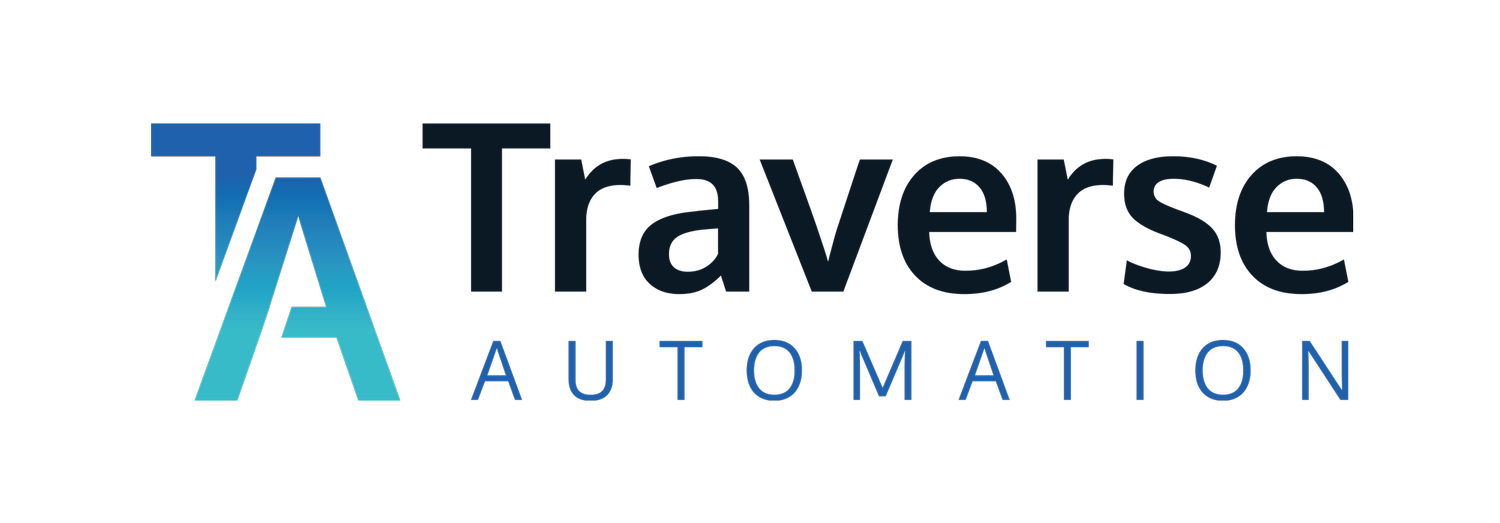The Impact of Smart Scheduling Tools on Travel Operations
Navigating the unpredictability of the travel industry
The travel industry is undeniably one of the most dynamic and exhilarating sectors to work in, but it also comes with a high degree of unpredictability. This inherent uncertainty can create significant stress for staff members as they work tirelessly to resolve issues for customers. Numerous factors can influence every stage of a travel itinerary, from initial bookings to final departures. Often, trips are booked well in advance, leaving critical details like staffing, equipment, and service timings to be confirmed much closer to departure. Additionally, unforeseen events, such as a pilot, tour operator, or other key service providers falling ill can disrupt even the most carefully crafted schedules, requiring swift replacements to keep plans on track.
This unpredictability presents a major challenge in the travel industry, as schedule changes must be communicated to customers as quickly as possible. However, with potentially hundreds of changes flooding in daily, backlogs can quickly accumulate. These changes are typically addressed on a first come, first served basis, as it’s not always clear which ones should be prioritised. As a result of this, some customers receive timely updates, while others are left with minimal time to adjust their plans.
The transformative power of automated schedule change solutions
The manual task of managing and processing schedule changes can be overwhelming for staff. However, using automation travel technology transforms it from a time-consuming burden into a seamless operation. With RPA and automation technology, incoming information is automatically extracted from your inbox, cross referenced with your internal booking system, and evaluated against a set of pre-defined rules chosen by you. If no communication is required, the email is simply cleared from the inbox and logged as complete. If customer communication is necessary, the system takes care of it automatically.
This solution significantly enhances efficiency by processing schedule changes as they arrive, even outside of regular business hours, including evenings and weekends. This frees up time, allowing your staff to focus on more strategic and impactful tasks and driving your travel business forward.
The real-world impact of automated schedule change solutions
While the operational benefits for your staff and business are substantial, the true advantage lies in the impact on your customers. By implementing manual process automation for your schedule changes, you ensure that customers are notified immediately, giving them considerable time to adjust their plans or rebook if a service is cancelled. This proactive approach not only enhances customer satisfaction but also boosts retention, as customers are more likely to remember the positive experience with your travel business and choose you for future bookings. Additionally, it can significantly enhance your reputation, as satisfied customers will be eager to share how smoothly your business handled the changes to their schedule, appreciating the extra time they had to accommodate them.
Revolutionising the future of travel operations
While the future may be unpredictable, one thing is certain: process automation will be a cornerstone of Travel technology and industry operations. It's set to transform the industry by streamlining manual processes, particularly time-sensitive tasks like managing schedule changes. In an industry where growth often necessitates increased spending on recruitment and training, embracing automation is the smart choice.
Automation is also essential for ensuring timely customer communication and improving customer experiences. Unlike human staff members, automation does not have the capability of human error and operates 24/7 without fatigue, breaks, or holidays, providing an array of undeniable advantages for companies in travel.
Conclusion
In an industry where unpredictability is the norm, it’s crucial to have efficient systems in place to manage the constant influx of schedule changes. Even the most carefully planned bookings can be upended by a change in schedule, placing additional strain on staff due to the manual processes involved. Timely communication of these changes is vital for maintaining a positive customer experience.
Automating these processes not only eases the burden on your staff but also ensures that customers are promptly informed, minimising disruptions to their plans. By embracing Travel technology such as process automation, travel businesses can enhance operational efficiency, improve customer satisfaction, and build a stronger reputation for reliability in an ever evolving industry.



